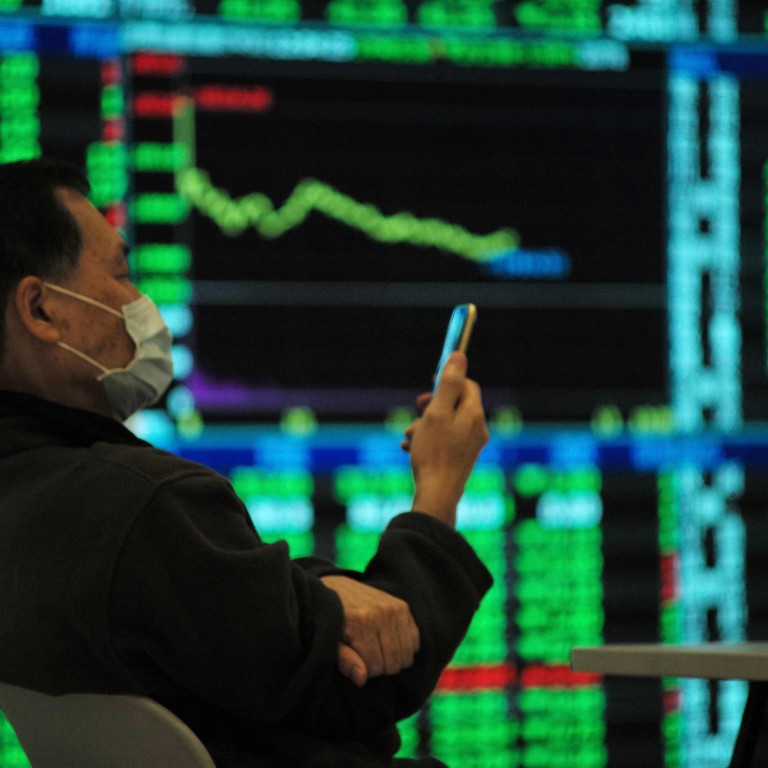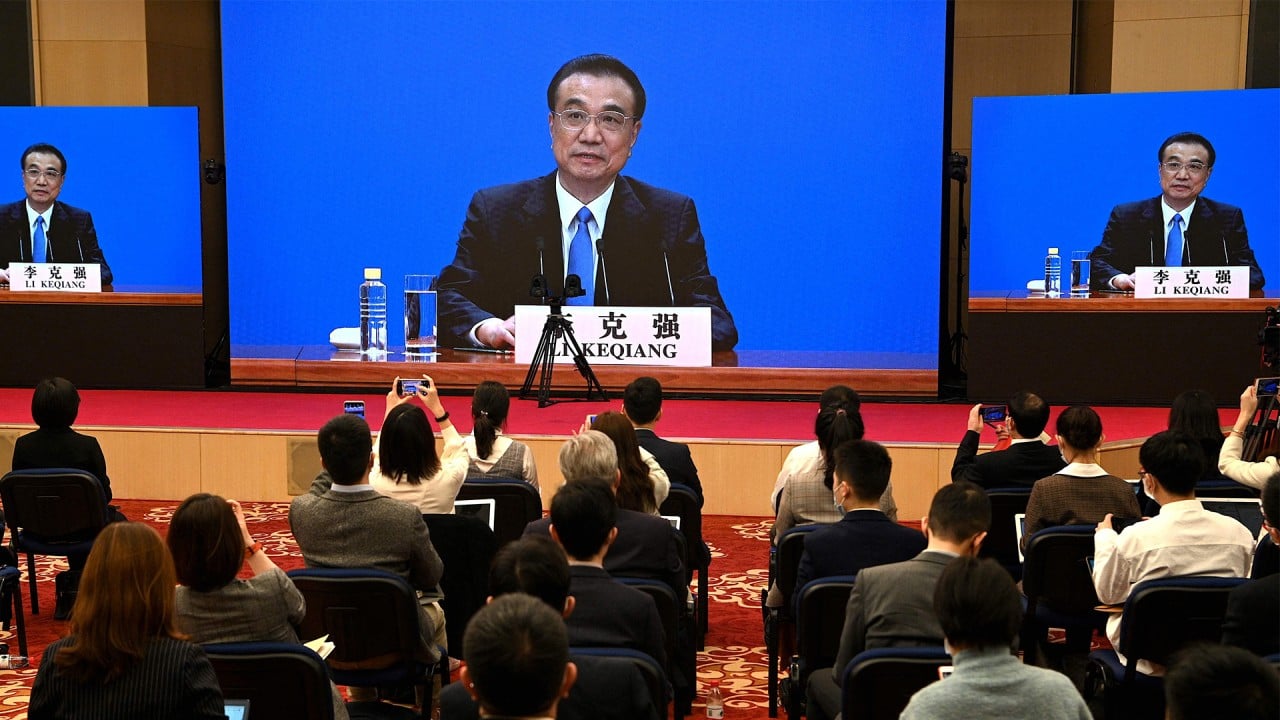
ChinaAM’s peer-beating equity fund shows market struggles with ‘three cycles’ as policy twists eat into returns
- China Asset Management’s New Horizon China fund gained 35 per cent in 2021 but has lost 11 per cent so far in the new year
- Fund manager Raymond Jing says investors need to read stock, industry and policy cycles to sidestep losses or outperform peers
His US$13 million New Horizon China A-share Fund gained 35 per cent last year, according to Bloomberg data, topping 98 per cent of his peers by timing the market for key sector bets. It has suffered an 11 per cent decline in the new year, even after recent policy-easing steps.
“We research and invest in three cycles, not just the stock cycle but also the industry and the policy cycle,” said the Hong Kong-based fund manager, whose firm manages about US$8 billion of assets. “If you want to invest in China well, it’s crucial that you study the policy [cycle].”
There have been no signs of a strong rebound in credit growth despite recent monetary easing, Montreal-based BCA Research said in a note on January 26. A muted improvement in credit expansion and deteriorating economic fundamentals will undermine equity performance in the near term, it added.
While it recommended a tactical short-term buy, it is still premature to upgrade China from underweight on a cyclical basis given the weak credit pulse, its China invesment strategist said in a report earlier this month.
“In January, the pace of policy support was a little bit behind expectations, bringing turbulence to markets,” Jing said, adding that Chinese government officials are realising the need to take action faster. “February and March will be the turning point for Chinese equities” as policy-easing pace quickens, he added.
For 2022, Jing’s sector picks include hard technology and companies involved in the carbon-neutral supply chain that offers strong earnings momentum and meets state policy demands. He also favours unique consumption companies and leading health care services providers.
The money manager attributed his strong gains in 2021 to accurately reading major policy signals that first emerged in December 2020, when China highlighted anti-monopoly supervision as one of its key tasks for 2021 that precipitated the trillion-dollar crash in tech stocks.
He also leaned on China’s carbon neutrality drive by going bullish in May to September on new-energy sectors such as solar-energy supply chains and electric vehicle manufacturing. He added domestic semiconductor makers in the third quarter amid worsening supply bottlenecks.
“As we did sector rebalancing ahead of other funds in China, we have more room to buy good growth stocks that others were selling in hard tech or high-end manufacturing sectors,” said Jing. “Our positions can contribute the cash to buy these missed opportunities.”
Jing is confident the Chinese market will outperform its global peers this year, a view echoed by strategists at Goldman Sachs who also upgraded offshore Chinese stocks late last year.
Hong Kong, where Chinese companies dominate listing and trading volumes, could even outshine mainland stocks because valuations are less demanding. While big internet names still have some room to run, their growth prospects have dimmed somewhat.
“If you buy internet stocks at the start of this year, you have very little room [on the downside] but quite some chances for a rebound of 20 to 30 per cent this year,” said Jing. “But they face more obstacles in developing their business. They still have value but we cannot be overweight on them in the long run.”



